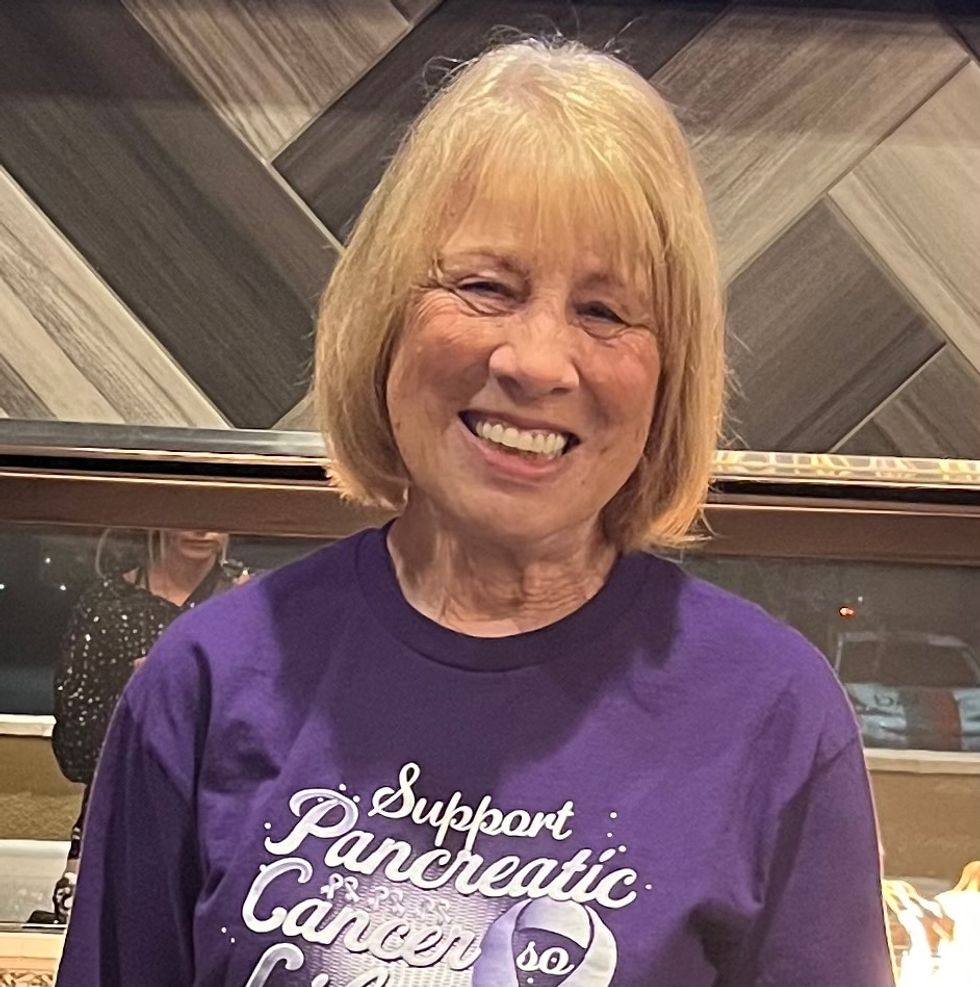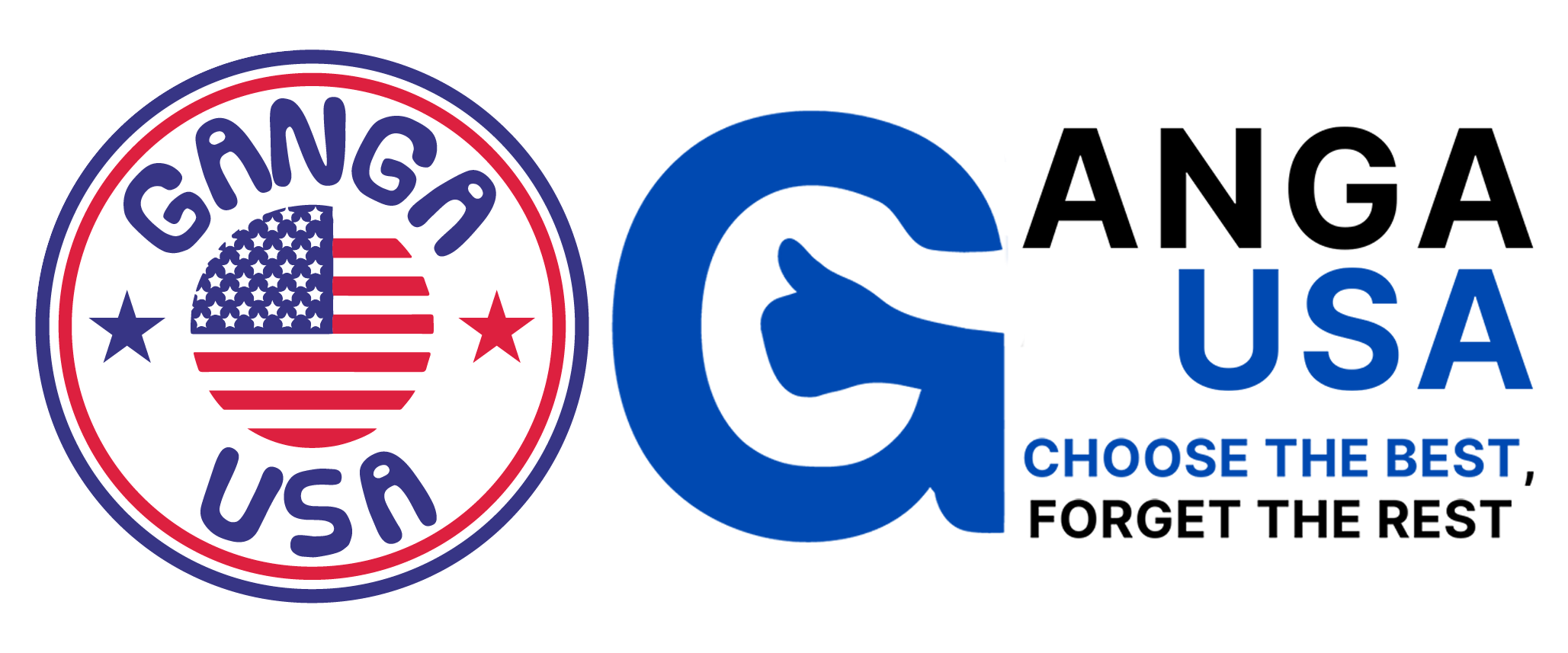
As is told Jacquelyne Froeber
In 1994, he was in the emergency room when the medical care provider told me that pancreatic cancer was only diagnosed in 65 -year -old black men.
But there it was: a 44 -year -old white woman with a mass in the pancreas.
The whole scene felt like a bad dream. Only an hour before I was having fun at a party. Then, the next thing I knew was that I was in the emergency room with severe back pain. I thought it was bile calculations: I had heard that the biliary calculations were very painful.
He had never heard about pancreatic cancer before.
But I hadn’t felt like me for some time. Approximately six months before the visit of the emergency room, I went to my medical care provider for some tests. I had high chest pains (probably stress), digestive problems (probably my diet), weight loss (but the diet was working!) And it was tired all the time. I was so exhausted that I barely had the energy to play tennis, the sport I loved. But nobody called me about the results of my tests and I thought that news was good news.
It turned out that my supplier had left the practice and never received the results of my evidence. There was, in fact, a mass in my pancreas. I had pancreas cancer.
The diagnosis was not felt real. He was relatively young, active and had no family history of cancer. I wanted answers and wanted to learn everything I could about the disease. But I quickly discovered that there was not much to learn. I could not find any significant research or education about pancreatic cancer. And zero information about the disease in women.
The worst part was listening to suppliers that no one lives with pancreatic cancer. I had to accept the fact that I was going to die.
This was unacceptable to me. I wanted to see my son graduate and marry. I wanted to meet my future grandchildren. I knew I had to do everything possible to live.
My treatment options were limited. Chemotherapy for pancreatic cancer did not exist. For me, it was surgery or nothing. I had a Whipple procedurewho removed the tumor in my pancreas and rebuilt my digestive tract. After surgery, they diagnosed me Mucinous cystadenocarcinomaRare cancer and slow growth. And although we had caught him early, there was a possibility that he could return.
I was more than grateful that cancer was eliminated, but nobody prepared for me to wait for a new digestive tract. Certain foods would keep me in the bathroom for hours and some days I could not get out of bed due to pain and nausea. I felt so alone. There were no dietitians familiar with pancreatic cancer. He didn’t even have an oncologist specialized in pancreatic cancer. I felt that I was stumbling into the dark trying to find a light.

The American Cancer Society said that most people do not live more than five years with pancreatic cancer. That fact played in a loop in my head almost every day. I woke up in the morning and I would be grateful to be alive, and then I asked me: was it today? Then, I reached five years, without evidence of illness. I felt an agitation of unknown hope in my heart. Maybe the small amount of research was bad.
But shortly after the five -year brand, the cancer returned, and was more aggressive than before. It was devastated.
Again, my only option was surgery, so they took away the rest of my pancreas along with my spleen and gallbladder. I also had my first computerized tomography for surgery, and although technology was impressive, the images showed that cancer had spread to my lymph nodes. I wanted to have another surgery to eliminate lymph nodes immediately, but my oncologist said they were not inoperable.
I spent the next two years talking with different oncologists and finally found one that had been studying pancreatic cancer for years. It helped me start a treatment plan and find a surgeon to eliminate lymph nodes.
When I went back and looked all the time and energy that I had spent on advocating my health, I realized that I needed to do more. Not only for me, but for all those who were desperately looking for information, innovation and hope. I began to investigate defense training, and finally I became the first defender of the patient surviving patient of pancreatic cancer in the United States.
All fund collection, legislative visits and review of the next clinical trials of pancreas research and cancer helped soften the terrible news that cancer had returned in 2006. This time I was in my lung.
My medical care provider wanted to postpone any test because the place was small, but I insisted on a biopsy. When the results returned, he was right: it was positive for pancreatic cancer. Then I underwent surgery to remove the lower lobe from my lung.
It has been incredibly difficult to go through all these surgeries and still know that cancer can appear again at any time. But over the years I have worked with many local, national and international organizations to help advance research and treatment options for pancreatic cancer. I helped the United States Department of Defense to create the pancreas cancer research program, and still work with them today.
I am probably very proud to be the founder of the first group of pancreatic cancer support in Arizona. We started it more than 20 years ago and continue to help people connect with each other and support mental health.
We have traveled a long way in the fight against pancreas cancer, but there are still many mountains to climb. I think of my initial diagnosis and tell me that pancreas cancer is a man’s disease. That is simply not true. Women get pancreatic cancer. And rates are increasing for young people under 50 years.
If you or someone you know are experiencing symptoms like me: chest pain, weight loss, changes in your digestive system, talk to your medical care provider immediately. Do not let anyone tell you that women do not have pancreatic cancer. I am a living proof that we do.
Do you have your own real women, real stories that you want to share? Let us know.
Our real women, real stories are the authentic experiences of real life women. The opinions, opinions and experiences shared in these stories are not backed by healthy women and do not necessarily reflect the official policy or the position of healthy women.
Of the articles of your site
Related articles on the web






